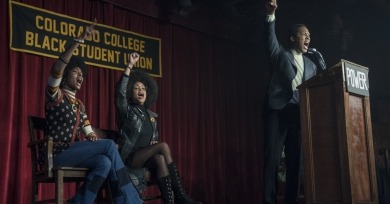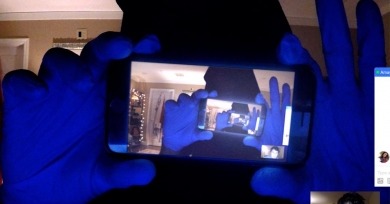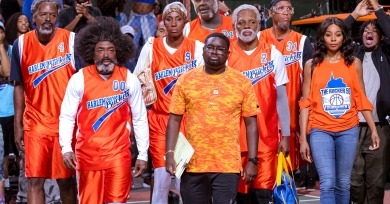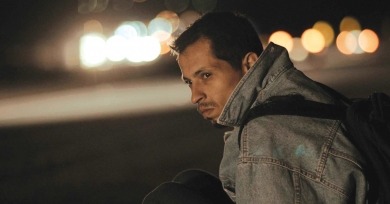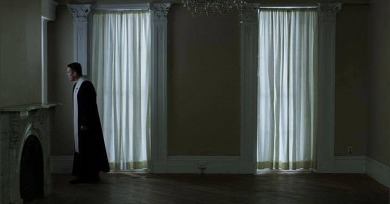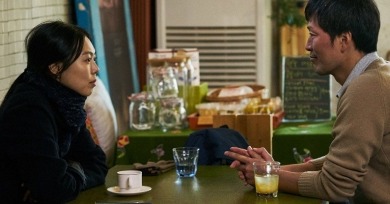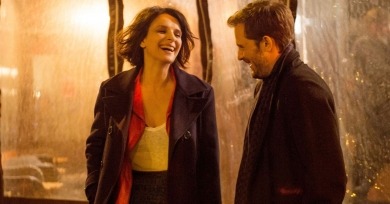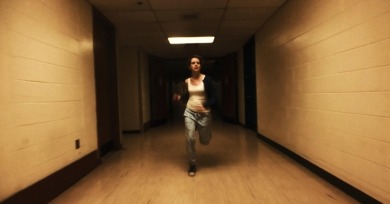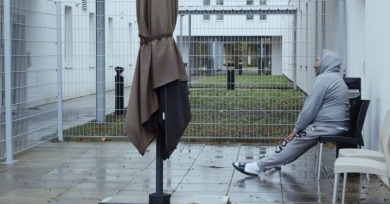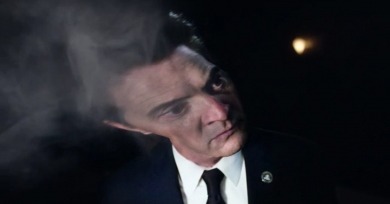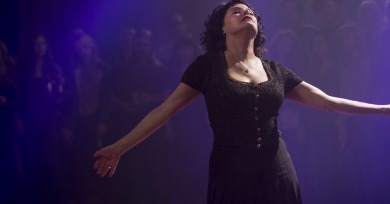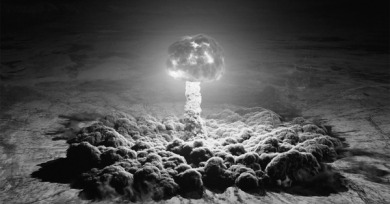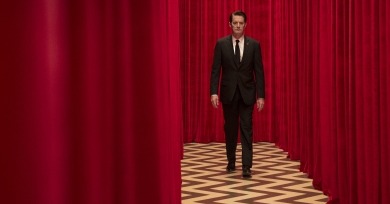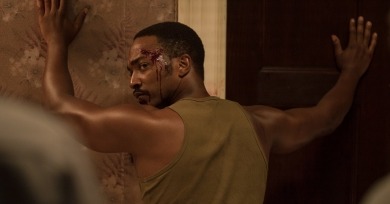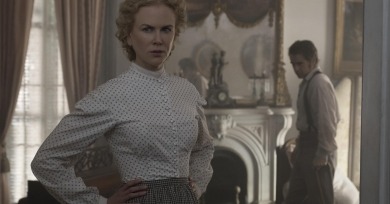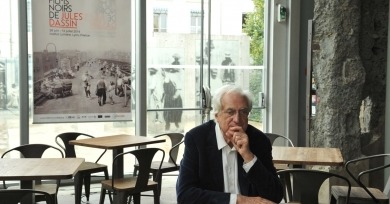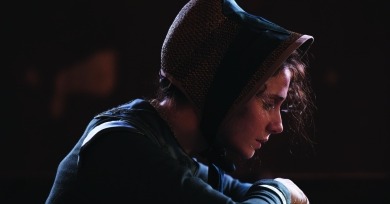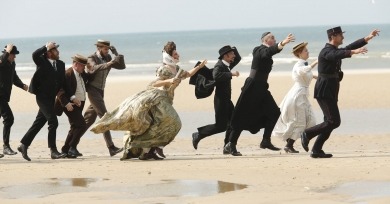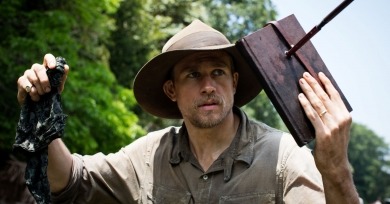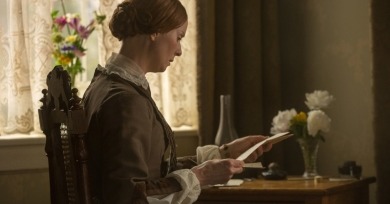Nick Pinkerton
The basic material of BlacKkKlansman is custom-made to be described as provocative, even though it is hard to pick out a moment in the finished film that would possibly provoke or discomfit someone already inclined to buy a ticket to a Spike Lee movie called BlacKkKlansman.
Filling the big screen canvas with the small-screen desktop space, Unfriended: Dark Web is cinema for the age of the post-cinematic affect.
It contains a crowd-pleaser dance-off, and not one, but two Viagra jokes . . . Did you know it is possible to mist up and roll your eyes at the same time?
Araby is a film in the form of an inquest, a postmortem investigation, searching for the key to unlock an extinguished existence, as though any one thing could suffice to explain a death, much less a life.
A very good actor who has in recent years grown into a great one, Hawke gives an extraordinarily controlled performance as a man struggling mightily to retain dominion over himself.
If Hong is indeed the best that we have got, there is something troubling about this fact. For it should detract nothing from the integrity of his body of work to say that, when taken altogether, it is a quintessential expression of a cinema of disappointment and diminished expectations.
That Denis can produce a work that, without a trace of preciousness, is equal parts indebted to Barthes and Chicago blues, connected as arm is to shoulder to the film-historical legacy of post-New Wave French filmmaking, is only further justification for claim that the 71-year-old is the greatest working director over the last two decades.
As Soderbergh, in his mini-mogul practice, endeavors to hack out new routes leading around the established economic order of filmmaking, his films depict men and women doing their best to negotiate contingency plans for the perilous environment created by a carnivorous economy on the prowl.
Depardon is not out to expose naked cruelty, neglect, and dereliction of duty, as Wiseman and Wang do in their films, but something much more subtly invidious: the revolving-door efficiency of the state apparatus, mechanized service behind a blandly humane smile.
A series full of mistaken identities and roving impostors, Twin Peaks: The Return is a heads-up to look for cinema in places other than where it’s alleged to be found.
One of the unexpected pleasures of this Twin Peaks was just how unexpected it was, how it didn’t seem interested in reheating an old dish in the name of “fan service.”
Much of what is dearest in cinema can be credited to brash buccaneers and independent operators working at the periphery; few are the film artists, like Lynch, who can maintain freedom of the margins.
One of the jobs of the artist is to find the space that is most conducive to the practice of their art at the given moment; one of the jobs of a functioning cultural commentariat is to follow artists to those spaces.
Bigelow is a filmmaker of no small power and intuition, although the movie at times seems curiously hesitant, hedging its bets with little bits of insurance against blowback or the possibility of being misunderstood.
The 1971 version is a slippery object, an art film made by a genre specialist, while the 2017 film feels like the work of an art house director approaching a genre piece; though in assigning these labels, it is worth investigating what they mean.
Tavernier approaches his subject not only as a film lover but also as a film director who knows his way around a set, a man with an inexhaustible appetite for dish about behind-the-scenes goings on and an insatiable curiosity for what makes movies tick.
An upper-crust costume drama without the courtly trappings or whalebone stiffness, the film has nary a tripod shot in sight, and moves along with a disconcerting, lurching motion.
Without ever seeming to reign supreme over the European festival scene as, say, the Dardenne brothers or Michael Haneke have at various points, Dumont anticipates and exemplifies features of the contemporary art film to a greater degree than either of those Cannes mainstays.
The Lost City of Z is beautiful, all the more so for not being beautiful in the obvious ways. Working for the second time with cinematographer Darius Khondji, who also shot The Immigrant, Gray films both jungle and English countryside with long lenses and a shallow depth-of-field.
A Quiet Passion proposes the outwardly unspectacular life of Emily Dickinson not as the story of a no-hoper spinster but as an act of courage, the struggle of a woman to overmaster herself, to sacrifice her own life (and preserve her maidenhead) so that her work might live.
